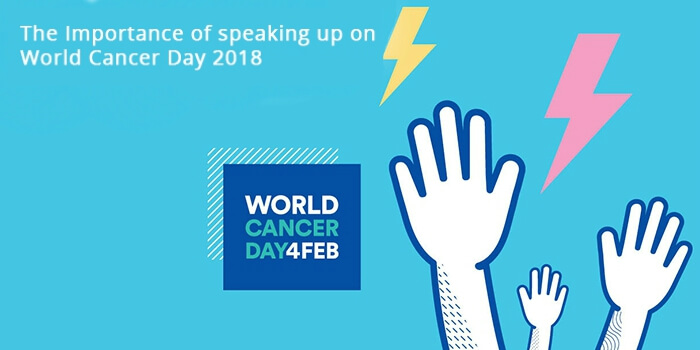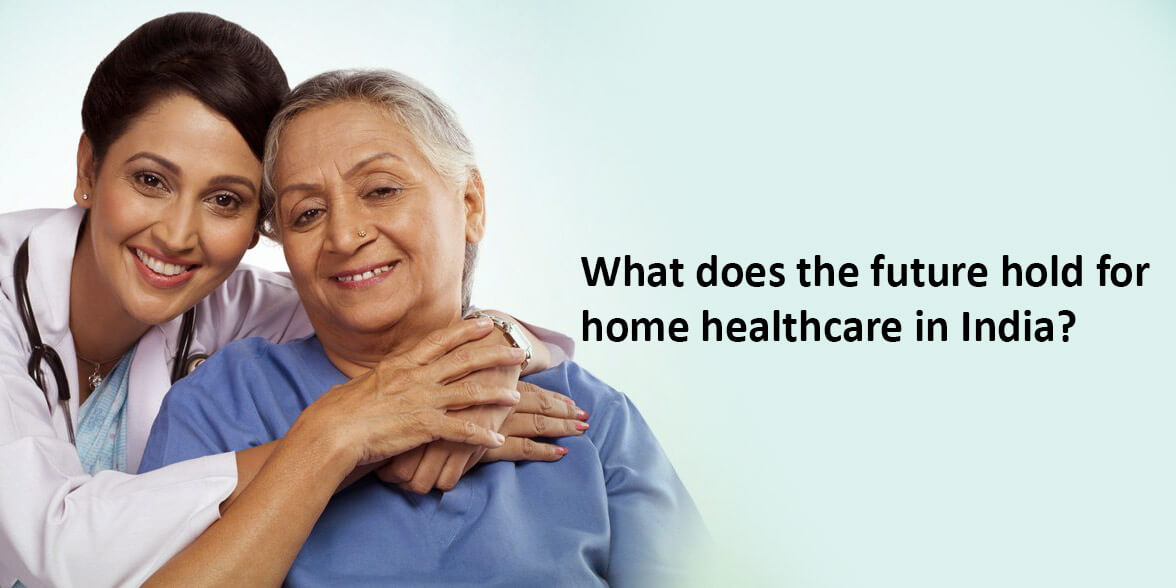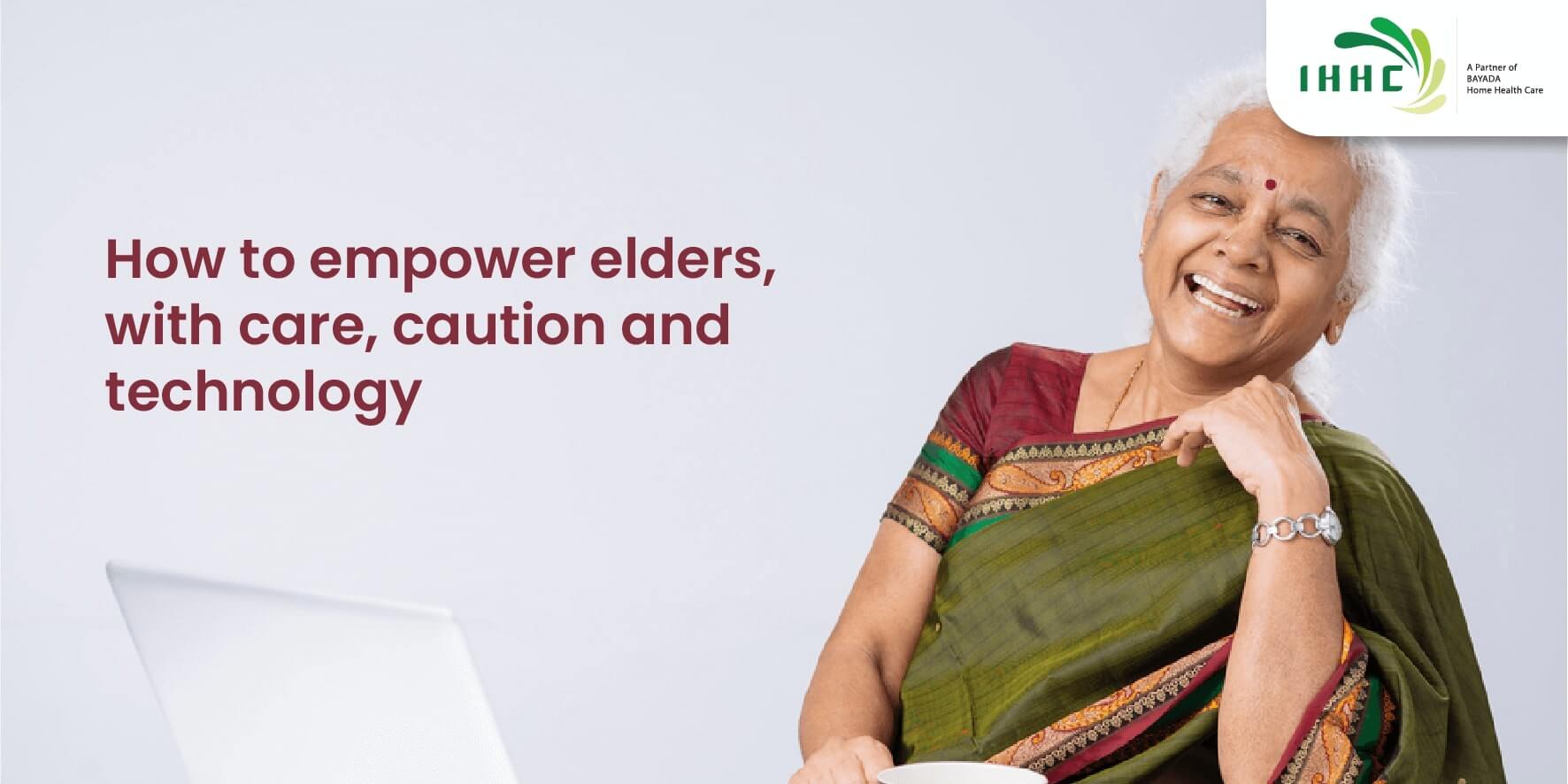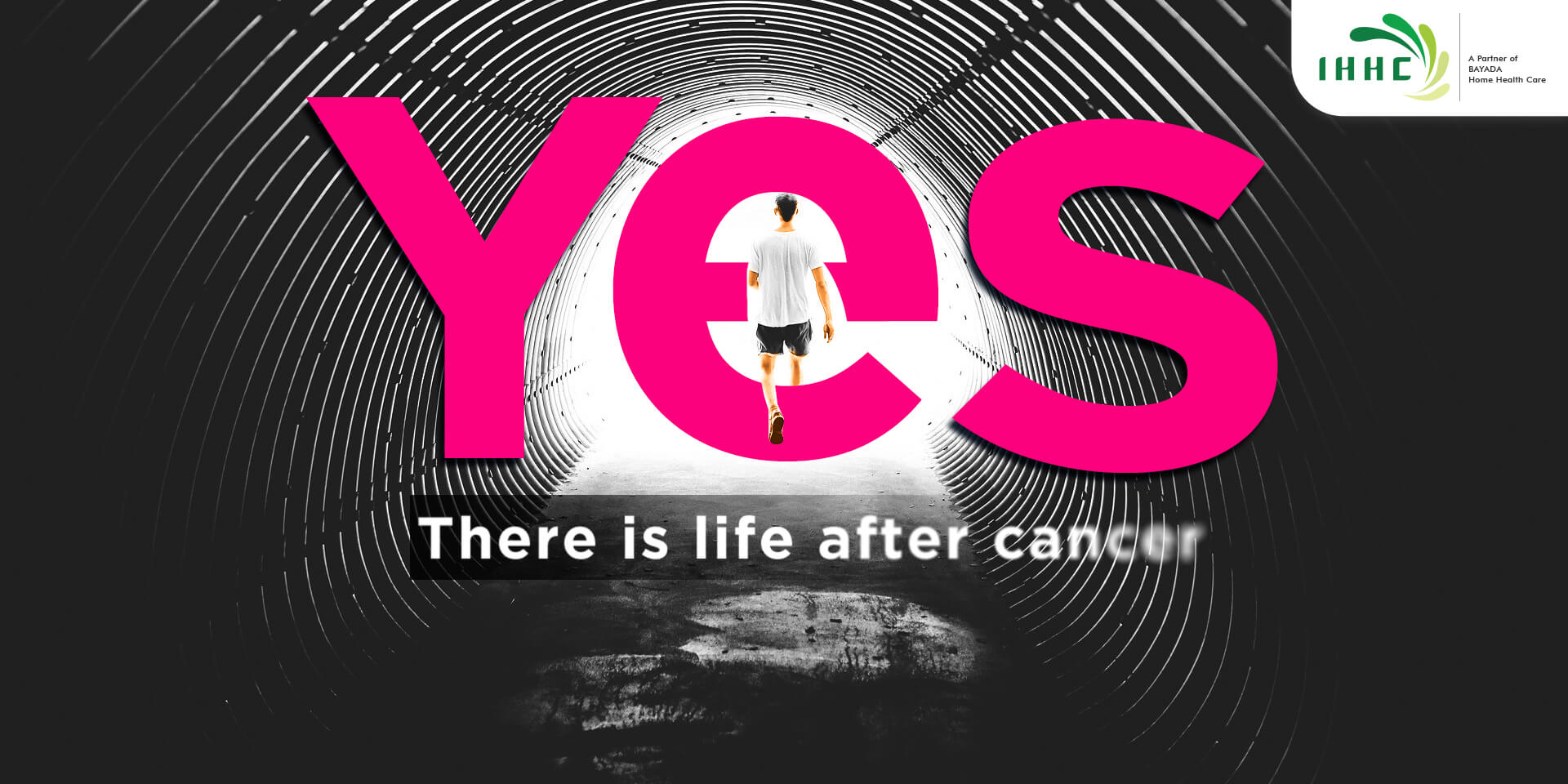Is there a need for home healthcare in India?
Covering the years 2016-2018, the World Cancer Day campaign explores what we can all do to save lives, make greater investments in cancer care, and make fighting cancer a priority at the highest social and political levels. Taking place under the tagline ‘We can. I can.’, World Cancer Day (2016 -2018) analyses how everyone, collectively and individually, can do their part in reducing the global burden of this dread disease. In essence, how we can all join forces and fight for a cancer-free world. The World Cancer Day campaign is an opportunity to reflect on what we can all do…Whatever we choose to do, ‘We can. I can.’ will make a vital difference in the fight against cancer.
We are all in a unique position to amplify the messages of World Cancer Day. We should use our voices, and join with others, to emphasise the need to prioritise cancer care for all.
Here are a few ideas on how we can use our roles as healthcare professionals, or members of the general public, to make a difference:
- Publish news articles on the work we do in cancer care
- Submit opinion pieces in the local media to raise the issue in the press
- Organise educational public seminars or workshops
- Organise open houses at our local hospital or health centre
We can take action, and encourage others to act
The first step in driving progress around the subject of cancer is to push for actions that we know will improve survival rates and give cancer patients a better quality of life.
This call to action can be used by cancer control organisations, groups of advocates, employers, the media and others to urge governments to implement policies and programmes that the cancer community knows will be successful if they are adequately resourced.
We can prevent cancer
Educating and informing individuals and communities about the links between lifestyle and cancer risk is the first step in effective cancer prevention. Smoking is still the biggest cancer risk factor. Reducing the rates of tobacco use will significantly decrease the global burden of a large number of cancers, including of the lung, oral cavity, larynx, pharynx, oesophageal, pancreas, bladder, kidney, cervix and stomach, and acute myeloid leukaemia
Commit to healthier lifestyle choices
We can all take steps to reduce the risk of cancer by choosing healthy options including quitting smoking, keeping physically active and choosing healthy food and drinks. People can also reduce the risk of many common cancers by maintaining a healthy weight, and making physical activity part of their everyday lives. Being overweight or obese increases the risk of bowel, breast, uterine, ovarian, pancreatic, oesophagus, kidney, liver, advanced prostate and gallbladder cancers. Specific changes to a person’s diet can also make a difference – for example, individuals can limit their intake of red meat and avoid processed meat.
Early detection can save lives
The importance of detecting cancer in the early stages can’t be emphasized enough. Diagnosing cancer isn’t always easy. However, for a number of cancers, increasing information and awareness of the signs and symptoms, and the importance of timely treatment, have been shown to improve survival from cancer. Finding cancer early almost always makes it easier to treat and even cure. Recent figures from the United Kingdom for example, have found that for eight common cancers - bladder, bowel, breast, cervical, womb, malignant melanoma, ovarian and testicular cancers – the survival rate is three times higher when cancer is diagnosed early. These types of cancers have high rates of cure when detected early and treated according to best practices.
Yes. There is LIFE after cancer
The correct diagnosis, backed up by relevant and effective treatment, is of life and death importance to every cancer patient. Every cancer type involves a specific treatment regimen that incorporates one or more modalities, which could include surgery, radiotherapy, and chemotherapy. Defining the objectives of treatment and palliative care is an important first step. The primary goal is usually to cure the cancer or to prolong life significantly. Improving the patient's quality of life is also one of the primary objectives. Cancer care health services should be integrated, holistic, people-centred and provide psychosocial support. All this works towards ensuring that cancer survivors lead a healthy, happy and fulfilling life –after cancer.
Emotional and psychological support
To most cancer patients, knowing they aren’t alone in their battle against cancer, is half the battle won. From diagnosis and through treatment, if a patient has a support group comprising people who have been through the same struggle and emerged triumphant, then the will to fight becomes stronger. Support groups help cancer patients and caregivers to overcome their fear of this dreaded disease, and cope with the treatment – which more often than not – is difficult and debilitating. Support groups act like surrogate family members who are there to provide encouragement, emotional support and physical help.




